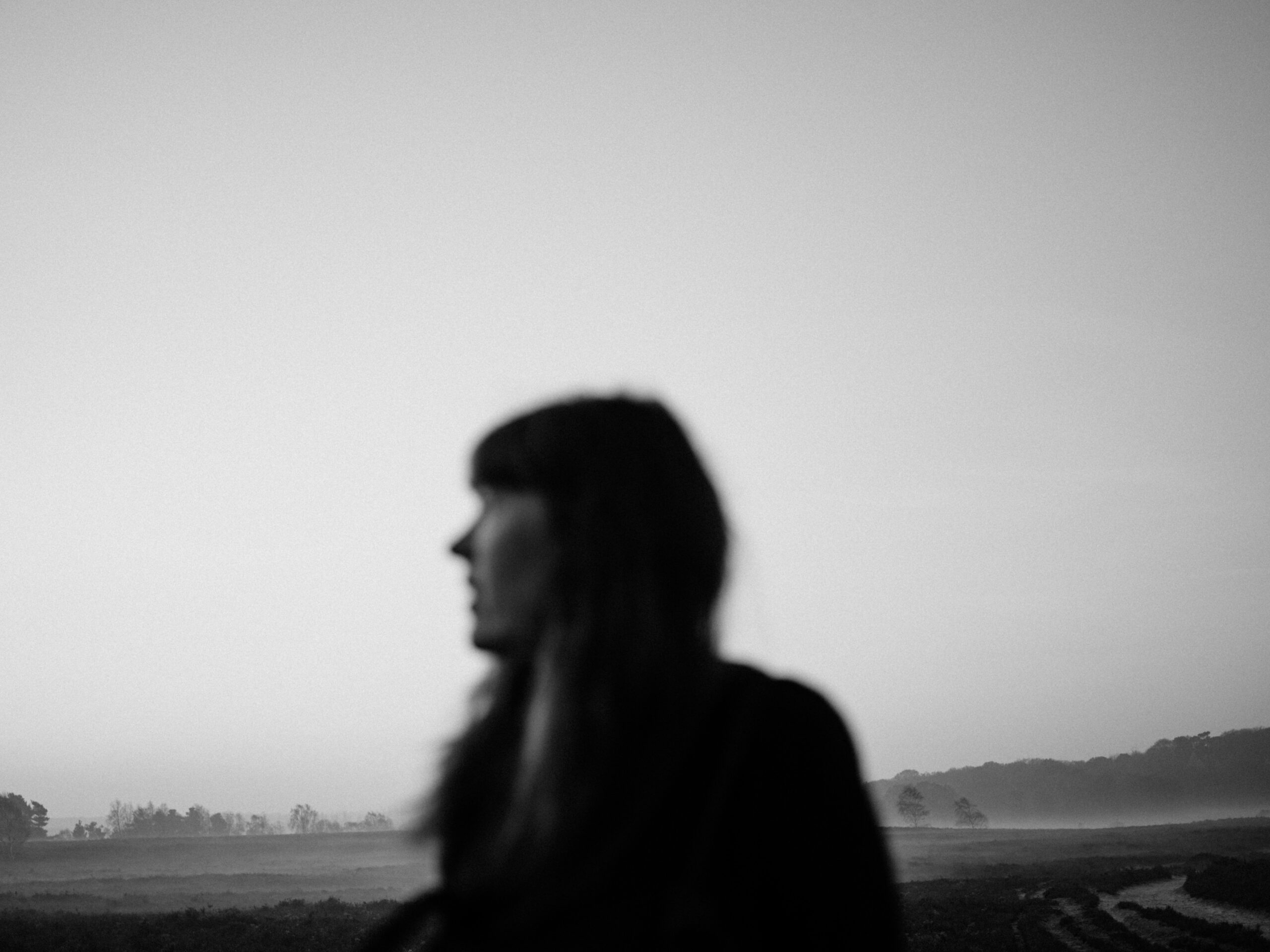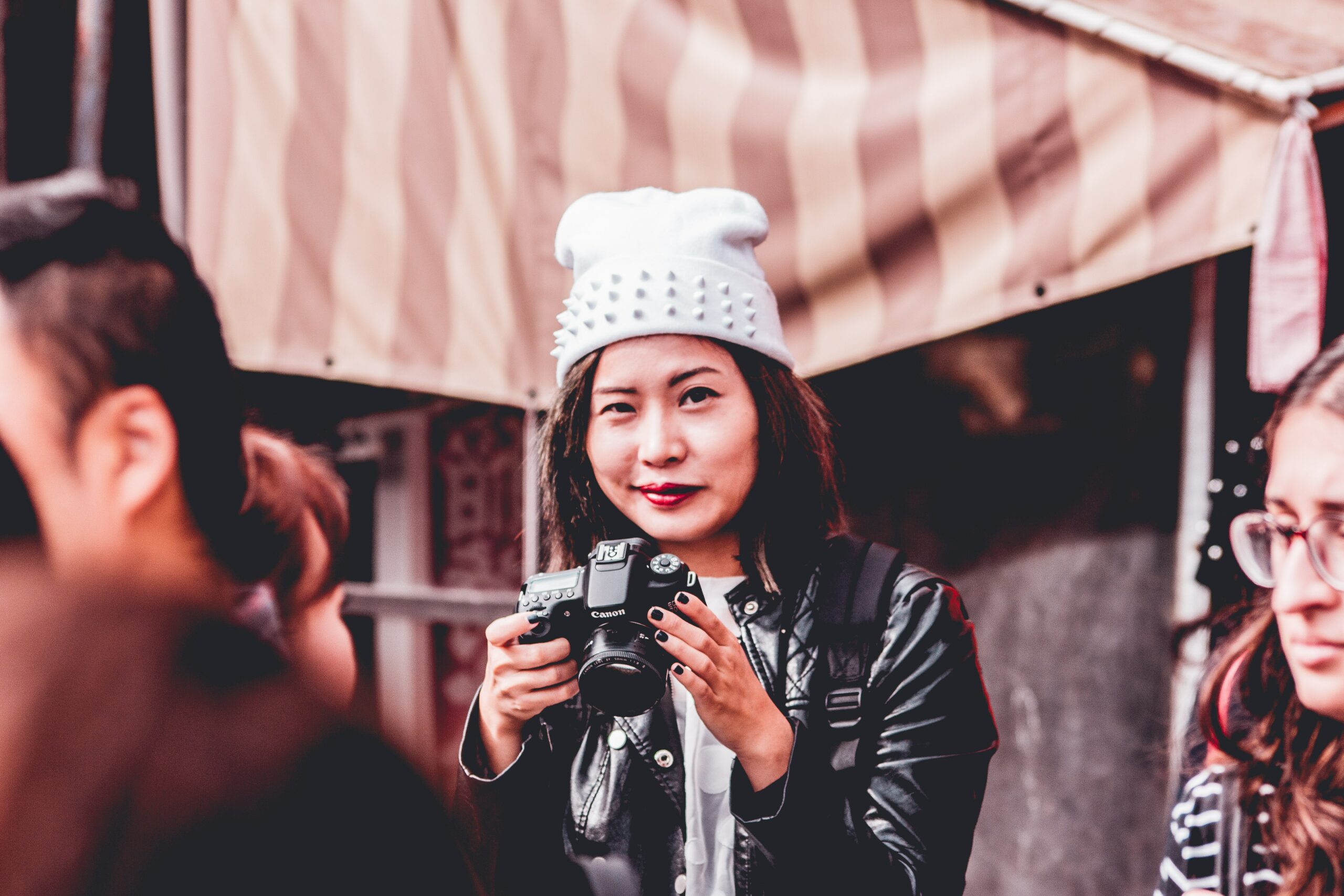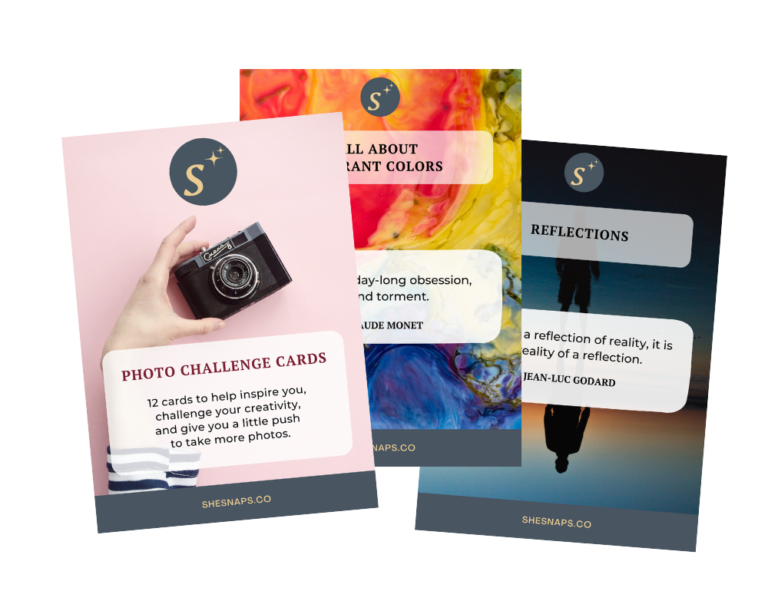When I was first asked to write for She Snaps, talking about imposter syndrome was one of the first topics I thought about covering. Why? Because I believe that it’s something that affects women far more than men and that many of us have never put a name to the way we’re feeling.
So, what is imposter syndrome? We can loosely define it as feeling like a fraud and doubting your own abilities. Imposter syndrome is a belief that you don’t really deserve success and that, any minute now, someone is going to catch you out. Bizarrely, research suggests that it often affects those with the most experience more severely, with people finding it hard to believe that they deserve any accolades or have achieved anything of note. But it can happen at any time – from those just starting out (in photography in our case) to those who have been practicing for many years.

Imposter syndrome leads us to question everything we do because we believe that things are down to luck and not our experience, qualifications, or skill. It can put people under a huge amount of pressure and even bring on anxiety and worry. Amongst photographers, you’ll often hear it manifested with people saying that a shot was just lucky, they happened to be in the right place, or they happened to have the right settings dialed in – the shot comes with an apology even when it’s a great photograph! But, of course, you should be proud of what you’re producing – it is not arrogance to like a photograph that you’ve taken!
I consider myself to be a fairly secure person, but I can certainly relate to the above and am aware that I’ve suffered from imposter syndrome on occasion. For a long time, I made the mistake of thinking that I was just being self-deprecating (a very British trait!). However, I think there was a certain lack of belief in my own abilities. And I think it’s a rare woman who hasn’t felt this way at some point.
But how much of this is down to imposter syndrome as opposed to the unique challenges faced by women? I think there’s an argument to be made that women are more inclined to question their own abilities due to how they are treated in the workplace. We must look at fixing the photographic industry, alongside helping women feel more confident.

We all know that there’s still a glass ceiling for women in the corporate culture, with women less likely to be promoted and often paid less as well. Is the same true in the photographic industry? As I’ve discussed before, photography is still very much seen as a male industry – things are changing, but it has been traditionally bent towards men.
A lot of women have experienced sexism in the industry – from manufacturers that design everything to suit a man’s grip, to a client that’s seemingly amazed that a woman is taking their photo. And let’s not forget the ‘helpful’ comments from the random man who happens to see you out and about taking photographs. The inference is that women shouldn’t be taking photographs and that we’re somehow not equal to male photographers (saying male photographers sounds ridiculous but how often are we referred to as female photographers, as if we’re some rare and exotic species!).
All this can feed into imposter syndrome. We’re more likely to experience imposter syndrome when we don’t see many examples of people like us succeeding and, sadly, in photography it’s still harder to see successful women. At least part of this is probably down to the fact that women simply aren’t as loud about their success in many cases, because we’ve been conditioned to believe that being assertive is an unattractive trait for a woman.

But we should be proud of the work we produce! And it is possible to get past imposter syndrome! I think the first step has to be talking about it – something women can be very good at doing. Ask your closest female friends if they’ve ever felt the same way. They don’t have to be photographers – I bet you’ll find that most of them will have experienced self-doubt at some point. Discussing things stops us from feeling isolated. And the advantage of close friends is that, whilst they’re bound to be supportive, they’ll also be honest. Once we start to talk about things as opposed to bottling them up, they immediately become less of a problem.
It can be hard to take credit for our accomplishments, so surround yourself with evidence that you didn’t just get lucky with a shot. Perhaps you could enter a competition, ask a client for feedback, or simply show the shot to other photographers – getting feedback is great for your confidence. We need to remember that the worst thing that can happen is that someone won’t like a shot, but even that is just a reminder that we have the ability to keep on developing our skills (or simply a subjective view – not everyone likes the same things!).

Recognising imposter syndrome and putting tools in place to deal with it will help immensely, although don’t be disappointed if it still occasionally rears its ugly head. But self-doubt can be framed as an inner voice encouraging us to move forward and out of our comfort zone.
What’s the single best piece of advice I think I can give you? It’s simply this: don’t wait for the perfect time, opportunity or what you think is the perfect shot, or you’ll never get out there at all. You don’t have to change the world overnight, but you do need to keep moving forward.
Cover photo by: Luke Stackpoole

